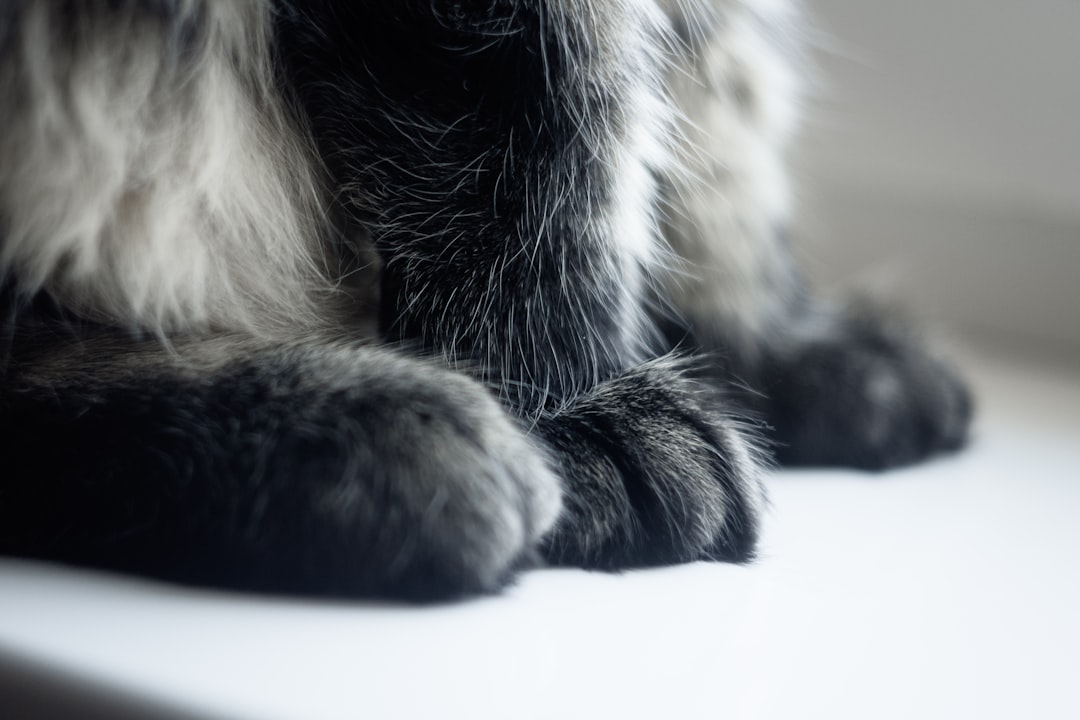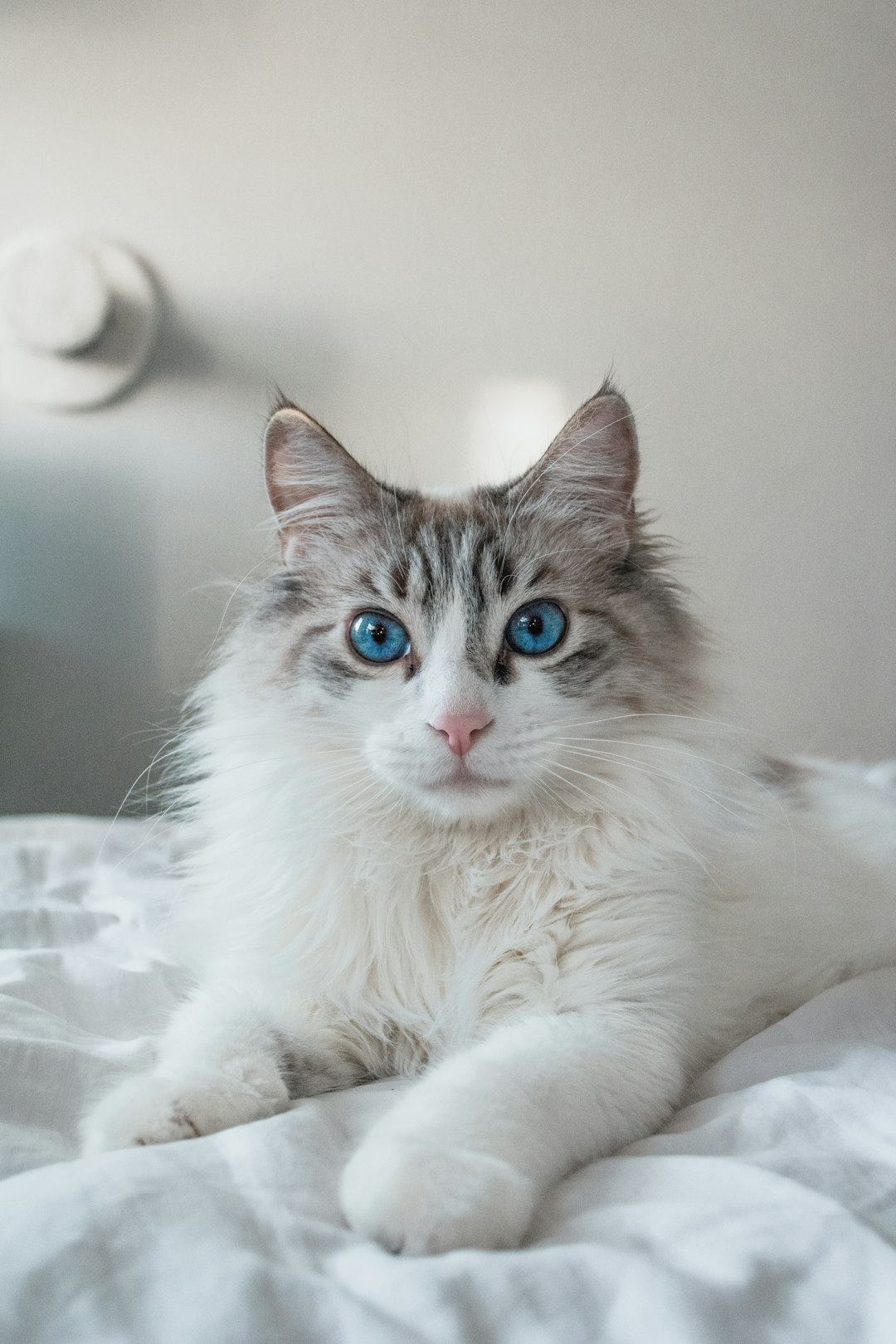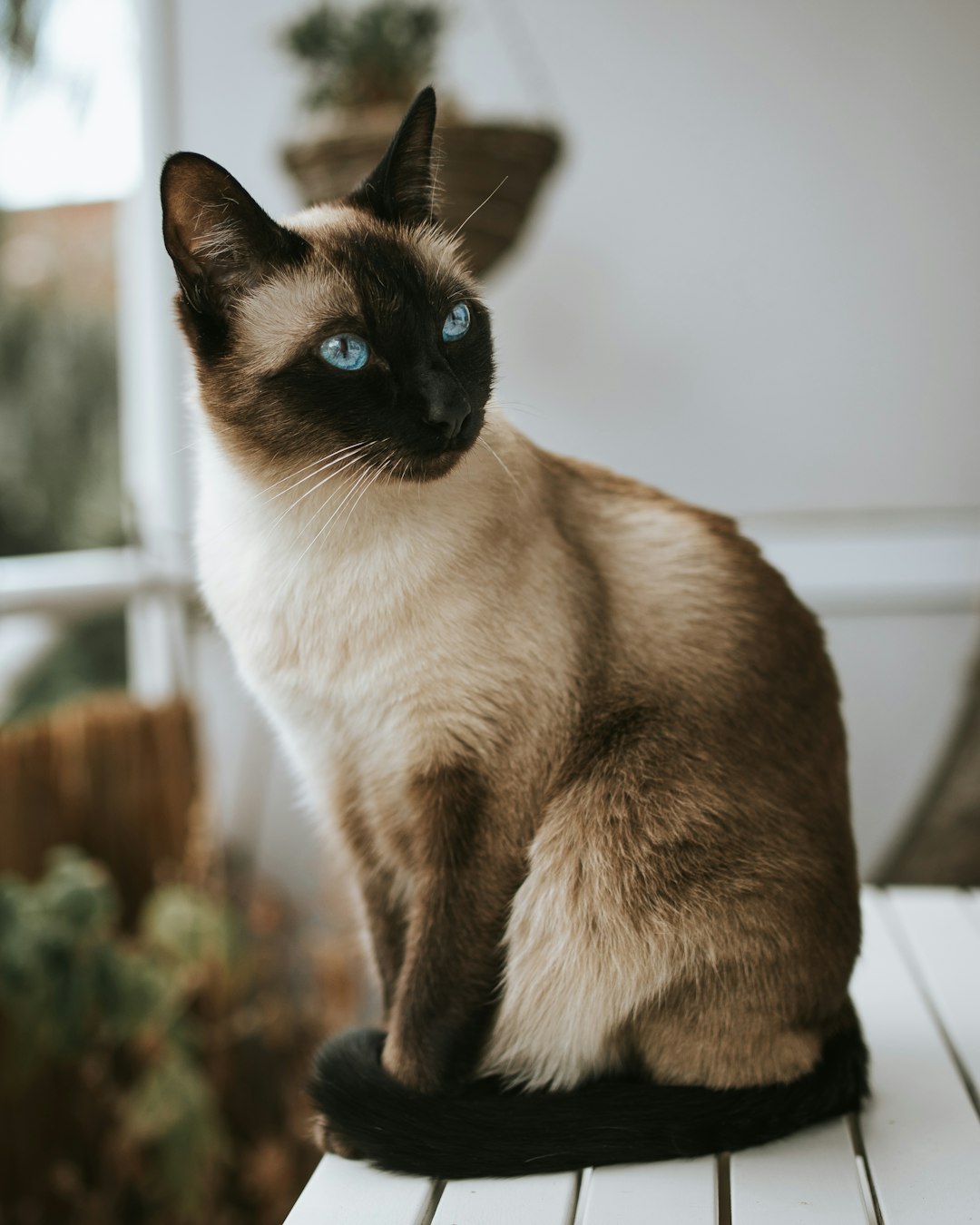Brewers yeast for cats is gaining recognition among pet owners as a natural supplement that can boost feline health in various ways. Rich in essential nutrients, this powerhouse ingredient not only enhances the diet of our furry friends but also contributes to their overall well-being. In this comprehensive guide, we will delve into the myriad benefits of brewers yeast for cats, explore effective ways to incorporate it into their meals, and address important safety considerations. Additionally, we’ll dispel common myths and share real-life testimonials from cat owners who have experienced the positive effects of this versatile supplement. Whether you’re looking to improve your cat’s nutrition or simply curious about this trendy ingredient, this post will equip you with all the information you need.
Understanding Brewers Yeast for Cats
What is Brewers Yeast?
Brewers yeast is a byproduct of beer fermentation, derived from the Saccharomyces cerevisiae strain of yeast. This natural ingredient has gained popularity not only for its use in brewing but also for its potential health benefits for pets, particularly felines. It is a nutritional powerhouse packed with proteins, vitamins, and minerals that can be beneficial to a cat’s overall health.
Nutritional Composition of Brewers Yeast
The richness of brewer’s yeast lies in its impressive nutritional profile. It contains:
- Proteins: High-quality protein containing essential amino acids.
- Vitamins: Such as B-complex vitamins (B1, B2, B3, B5, B6, B7, B9, B12), which support metabolism and energy production.
- Minerals: Including selenium, potassium, and magnesium that contribute to overall vitality and immune support.
- Beta-glucans: These are beneficial compounds that can enhance immune function.
| Nutrient | Amount (per 100g) |
|---|---|
| Protein | 40g |
| B1 (Thiamine) | 5.3mg |
| B2 (Riboflavin) | 3.2mg |
| B3 (Niacin) | 30mg |
| Fiber | 25g |
How Brewers Yeast is Made
Brewers yeast is produced through a fermentation process used in beer-making. The yeast is cultivated and allowed to ferment sugars, which not only aids in alcohol production but also results in the creation of proteins and various nutrients. After fermentation, the yeast is harvested, pasteurized, and then dried to create the powder or flakes commonly used as a dietary supplement for cats. This ensures that it maintains its nutritional integrity while providing a rich source of beneficial compounds.
Understanding brewers yeast for cats involves recognizing its origins, composition, and potential benefits, making it a valuable addition to a feline’s diet.
Health Benefits of Brewers Yeast for Cats
Brewers yeast is a powerhouse of nutrients that can significantly enhance a cat’s health. Below are some notable benefits that make it a beneficial addition to your feline’s diet.
Supporting Digestive Health
- Rich in Fiber: Aids in maintaining a healthy digestive tract.
- Probiotic Properties: Helps balance gut bacteria, promoting overall gut health.
- Digestive Enzymes: Supports the breakdown of food, improving nutrient absorption.
Boosting the Immune System
- Enhanced Immunity: Contains beta-glucans, which stimulate immune response.
- Vitamin B Content: Assists in energy levels and metabolic function, critical for immune health.
- Antioxidants: Protect cells from damage, promoting longevity and overall vitality.
Promoting Healthy Skin and Coat
- Nutrient-Rich Composition: Provides essential B vitamins, particularly biotin, which are vital for skin and fur health.
- Omega Fatty Acids: Contributes to a shiny coat and prevents dryness and flakiness.
- Anti-Inflammatory Properties: May help alleviate certain skin conditions.
| Health Benefit | Key Components | Effects on Cats |
|---|---|---|
| Supporting Digestive Health | Fiber, Probiotics, Enzymes | Improved digestion, nutrient absorption |
| Boosting the Immune System | Beta-glucans, Vitamin B, Antioxidants | Increased immunity, timely energy levels |
| Promoting Healthy Skin and Coat | B vitamins, Omega Fatty Acids | Glowing fur, reduced dryness |
Incorporating this dietary supplement can lead to visible improvements in your cat’s overall well-being, making it a valuable resource for responsible pet owners.
Brewers Yeast for Cats: A Source of Essential Nutrients
Integrating brewers yeast for cats into your feline friend’s diet can provide a wealth of essential nutrients that can enhance their overall health. Here’s a deeper look into the vital components this supplement offers.
Vitamins and Minerals
Brewers yeast is a rich source of the following vitamins and minerals that contribute to the well-being of your cat:
- Vitamin B1 (Thiamine): Supports energy metabolism and promotes nervous system health.
- Vitamin B2 (Riboflavin): Essential for growth, reproduction, and overall cell function.
- Selenium: Acts as a powerful antioxidant, protecting cells from damage.
| Nutrient | Function |
|---|---|
| Vitamin B1 | Energy metabolism |
| Vitamin B2 | Growth and reproduction |
| Selenium | Antioxidant, cell protection |
Protein Content
Another significant benefit of this supplement is its protein content:
- Quality Protein Source: Contains essential amino acids that are necessary for muscle development, tissue repair, and immune function.
- Supports Healthy Skin and Coat: Promotes a shiny coat and healthy skin, thanks to its protein composition.
B-Complex Vitamins
Brewers yeast distinguishes itself with a high concentration of B-complex vitamins, which play numerous roles in your cat’s health:
- B6 or Pyridoxine: Crucial for the formation of neurotransmitters, aiding in a balanced mood.
- B12 or Cobalamin: Supports red blood cell formation and prevents anemia.
In summary, the diverse range of essential nutrients found in brewers yeast for cats contributes greatly to their health maintenance. By providing these vitamins, minerals, and protein, you can ensure your feline companion thrives.
How to Incorporate Brewers Yeast for Cats into Their Diet
Choosing the Right Form
When introducing brewers yeast for cats into your pet’s nutrition, selecting the proper form is crucial. The most common options include:
- Powder: Easily mixable into food.
- Tablets: Convenient but may require crushing.
- Flakes: Can be sprinkled over meals for added crunch.
Choosing a form that your cat prefers ensures better acceptance and enhances their dietary experience.
Recommended Dosage
Proper dosing is essential for maximizing the benefits while minimizing any risk. Here’s a general guideline:
| Cat Weight | Recommended Dosage |
|---|---|
| Under 5 lbs | ¼ teaspoon per day |
| 5 to 10 lbs | ½ teaspoon per day |
| 10 to 15 lbs | 1 teaspoon per day |
| Over 15 lbs | 1 to 2 teaspoons per day |
Always consult your veterinarian before adding any new supplement to your cat’s diet, as individual needs may vary.
Mixing Brewers Yeast with Cat Food
Incorporating this supplement into meals can be simple and enjoyable for your cat. Here are a few effective methods:
- Sprinkling: Add the recommended dosage on top of dry or wet food.
- Mixing: Blend the powder or flakes directly into meals for an effortless nutrient boost.
- Homemade Treats: Create fun snacks by mixing the yeast with tuna or chicken to entice your cat with tasty, healthy treats.
By experimenting with these methods, you can ensure that they receive brewers yeast for cats consistently with their meals while enjoying the flavor and benefits it brings.
Safety Considerations When Using Brewers Yeast for Cats
Potential Allergic Reactions
When introducing any new supplement, including brewers yeast for cats, it’s essential to monitor for any signs of allergic reactions. Some cats may experience:
- Itching and scratching
- Swelling around the face or ears
- Gastrointestinal upset (vomiting or diarrhea)
If you notice any of these symptoms, discontinue use immediately and consult your veterinarian.
Consulting with a Veterinarian
Before incorporating any dietary supplement, professional guidance is invaluable. Discuss the idea of adding brewers yeast for cats with your veterinarian, especially if your feline has pre-existing health conditions or is on medication. A vet can help you determine the appropriate dosage and identify any potential interactions with existing treatments.
Signs of Overconsumption
It’s crucial to be cautious with the dosage of this supplement, as overconsumption may lead to adverse effects. Signs that your cat may be consuming too much include:
- Increased thirst and urination
- Nausea or vomiting
- Difficulty walking or lethargy
If you notice any of these signs, reduce the dosage or discontinue use and consult your veterinarian.
| Consideration | Symptoms | Action |
|---|---|---|
| Allergic Reactions | Itching, swelling, upset stomach | Stop use and consult vet |
| Need for Consultation | Various health conditions | Discuss with a veterinarian |
| Signs of Overconsumption | Thirst, nausea, lethargy | Reduce dosage or stop use |
By being vigilant about these safety considerations, you can effectively incorporate supplements into your cat’s diet while ensuring their well-being.
Alternative Uses of Brewers Yeast for Cats
In Homemade Treats
Incorporating brewers yeast for cats into homemade treats is an excellent way to boost your feline friend’s health while satisfying their taste buds. Consider using it in the following recipes:
- Fish Flavored Biscuits: Combine whole grain flour, canned tuna, and a sprinkle of brewers yeast for an irresistible snack.
- Chicken Morsels: Mix cooked, shredded chicken with a bit of vegetable broth and brewers yeast, then bake them into bite-sized treats.
As a Flavor Enhancer
Cats can be notoriously picky eaters. Using brewers yeast for cats as a flavor enhancer can help entice them to enjoy their meals. Strategies include:
- Sprinkling: Simply sprinkle it over dry or wet food to enhance taste.
- Mixing with Water: Create a flavorful broth by mixing brewers yeast with warm water, then drizzle it over their kibble or serve it separately.
In Supplements and Powders
When exploring additional health benefits, consider integrating brewers yeast into supplements and powders formulated for felines. Look for products that:
- Combine Probiotics: Many supplements combine brewers yeast with probiotics to support gut health.
- Include Vitamins and Minerals: Choose options that provide a comprehensive nutrient profile, enhancing overall wellbeing.
By utilizing brewers yeast creatively, you can provide varied and healthy options that not only delight your cat but also support their nutritional needs.
Brewers Yeast for Cats: Myths and Misconceptions
Common Myths Surrounding Brewers Yeast
Despite its growing popularity among pet owners, several myths cloud the understanding of this nutritional supplement. Here are some prevalent misconceptions:
- Myth #1: It causes hyperactivity.
Many believe that brewers yeast for cats can make cats overly energetic. However, this is untrue; the B vitamins in yeast aid in energy metabolism without causing hyperactivity. - Myth #2: It’s harmful to cats.
Some people think that yeast is toxic to felines. On the contrary, when given in appropriate amounts, it can be beneficial and is safe for most cats. - Myth #3: All types of yeast are the same.
Not all yeast is created equal! Only specialized yeasts like the kind found in brewers yeast for cats provide essential nutrients specifically tailored to feline needs.
Understanding the Truth
To clarify these misconceptions, it’s important to rely on scientific facts:
- Nutritional Benefits: Rich in B vitamins, proteins, and minerals, it supports skin, coat health, and overall vitality.
- Natural Flea Repellent: Some evidence suggests it may act as a natural flea repellent due to its odor, which fleas dislike.
Clarifying Misunderstandings About Safety
Safety should always be a priority when considering new diets for pets. Here’s what you should know:
| Concern | Clarification |
|---|---|
| Does yeast cause digestive issues? | Most cats tolerate yeast well; start slowly. |
| Is there a risk of allergies? | Allergic reactions are rare but can occur; monitor your cat’s reaction. |
| Can it be given to all cats? | Consult a vet, especially for those with health issues. |
By understanding these myths and clarifying the truths, you can make informed decisions about incorporating brewers yeast for cats into their diets, maximizing its benefits while ensuring safety.
Real-Life Experiences and Testimonials
Customer Reviews on Brewers Yeast for Cats
Many cat owners have shared their experiences regarding Brewers yeast for cats. Here are some common themes in customer feedback:
- Improved Coat Health: Users report shinier, softer fur after incorporating brewers yeast into their cat’s diet.
- Increased Energy Levels: A number of cat parents noticed a boost in their pets’ activity levels, attributing this change to the added B vitamins from brewers yeast.
- Reduced Allergies: Some owners mentioned a decrease in itching and scratching, suggesting brewers yeast may help alleviate certain allergy symptoms.
Success Stories of Incorporation
Success stories often provide insights into the practical use of brewers yeast for cats. Here are a few noteworthy anecdotes:
- Case Study 1: A cat named Whiskers was lethargic and had a dull coat. After a month of adding brewers yeast to her meals, her owner observed increased energy and an improved appearance.
- Case Study 2: Felix, a rescue cat with digestive issues, thrived after training with brewers yeast sprinkled on his food. His owner reported that his digestive health stabilized significantly.
- Case Study 3: Mittens, who struggled with seasonal allergies, saw remarkable improvement in her condition after brewers yeast was included in her diet regimen.
Expert Opinions
Veterinarians are generally supportive of incorporating brewers yeast for cats into their diets. Here’s what some experts say:
- Nutritional Benefits: Many vets highlight the importance of B vitamins for overall health, which are abundant in brewers yeast.
- Supplement for Picky Eaters: Some veterinarians recommend brewers yeast as an effective way to entice picky eaters due to its appealing flavor.
- Balanced Diet Support: Experts agree that brewers yeast can be a beneficial addition to a balanced diet, though it should not replace other essential nutrients.
These real-life experiences and expert insights demonstrate the potential benefits of brewers yeast for feline companions, making it a popular choice among savvy cat owners.
Where to Buy Brewers Yeast for Cats
Recommended Brands
When it comes to selecting brewers yeast for cats, various reputable brands stand out for their quality and effectiveness. Here are some noteworthy options:
- Pet Naturals of Vermont: Known for its high-quality ingredients and palatability.
- NOW Foods: Offers a pure and natural option that many pet owners trust.
- Supports: This brand combines brewers yeast with additional vitamins and minerals.
Shopping Options Online and In-Store
You can find quality brewers yeast for cats at several locations, both online and offline. Here’s where to look:
- Online Retailers:
- Amazon: A vast selection with customer reviews to guide your choice.
- Chewy: Specializes in pet products, offering curated selections.
- In-Store Options:
- Pet Supply Stores: Locally owned pet stores often carry organic and specialty brands.
- Health Food Stores: Many have a pet section that stocks nutritional supplements.
Evaluating Quality and Freshness
Selecting the right product goes beyond just brand choice. Consider these factors:
- Check Ingredients: Look for a product with minimal additives and fillers.
- Packaging: Ensure it’s airtight to maintain freshness.
- Expiration Date: Always verify the date to ensure potency.
By taking these steps and considering various purchasing options, you can find the best brewers yeast for your feline friend, ensuring they reap the many benefits it offers while enjoying it in their diet.
Frequently Asked Questions
What is brewer’s yeast, and why is it beneficial for cats?
Brewer’s yeast is a type of yeast that is a byproduct of beer brewing. It is rich in B vitamins, proteins, and essential amino acids, which can provide various health benefits for cats. The high levels of B vitamins promote healthy skin and a shiny coat, support the immune system, enhance energy levels, and aid in digestion. Due to these nutritious components, brewer’s yeast can be an excellent supplement for maintaining your cat’s overall health.
How can I incorporate brewer’s yeast into my cat’s diet?
Incorporating brewer’s yeast into your cat’s diet can be done by mixing it with their regular food. It can come in powder, flakes, or tablet form. Start with a small amount, such as a quarter teaspoon for a standard-sized cat, and gradually increase it as your cat adjusts. Always ensure it’s mixed well with food to mask its taste. Consulting your veterinarian before adding any new supplement to your cat’s diet is advisable to ensure it’s suitable for your pet’s specific health needs.
Are there any side effects of giving my cat brewer’s yeast?
Most cats tolerate brewer’s yeast well, but some may experience gastrointestinal upset, including gas or diarrhea if given in large amounts. Other than that, allergic reactions are rare but possible. If your cat begins to show signs of discomfort after consuming brewer’s yeast, it is essential to stop giving it and consult your veterinarian. Monitoring your kitty for any unusual behavior or symptoms when introducing any supplement is crucial.
Can I give brewer’s yeast to my kitten?
While brewer’s yeast is generally safe for adult cats, caution should be exercised when giving it to kittens. Kittens have different nutritional needs and may not require supplements like adult cats. It is best to wait until your kitten is at least six months old before introducing brewer’s yeast. Always consult your veterinarian for advice tailored to the specific health and dietary needs of your kitten to ensure safe implementation.
How much brewer’s yeast can I give my cat each day?
The recommended daily dosage of brewer’s yeast for cats depends on their weight. A common guideline is 1/4 to 1/2 teaspoon for a standard-sized cat weighing around 10 pounds. Smaller cats may require less, while larger cats may benefit from more within moderation. It is vital to start with smaller doses and observe your kitty’s reaction. Regularly consulting with your veterinarian about the appropriate amount for your cat’s health status is important.



